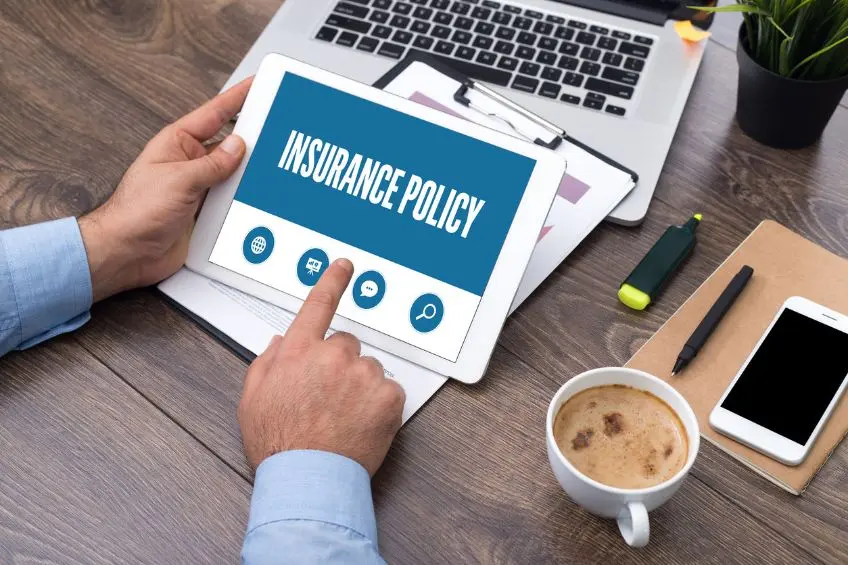Whether it’s your health, home, life, or car, the purpose of insurance is to protect you from financial loss. However, many people make mistakes when purchasing or managing their insurance, leading to significant losses. These mistakes often result in higher premiums, gaps in coverage, or added stress during a claim. Understanding the most common mistakes and how to avoid them can help you make smarter decisions, save money, and get the coverage you and your family need.
Not Comparing Different Policies
Buying the first best policy you see is one of the worst things people can do. Each insurance company has its own rates, benefits, and exclusions. If you don’t compare prices, you could be paying more for less. Avoid this by comparing. Research the prices of different insurance companies, read reviews about their claims procedures, and make sure you understand what’s covered. With a little research, you can save a lot of money every year.
You or your property are underinsured
Many people choose the cheapest policy without realizing it doesn’t cover them enough. A homeowner might buy insurance that only covers a certain portion of their home’s value. If something happens, they have to pay the rest out of pocket. Furthermore, some drivers only purchase minimal auto insurance, which may not cover serious accidents. The best approach is to clarify what you really need and ensure your policy limit is sufficient to cover the potential costs of rebuilding, repairing, or replacing your home.
Not reading the fine print or policy exclusions
Policies contain a lot of fine print, and not reading it carefully can lead to problems later on. Some health insurance policies don’t cover certain treatments, and some home insurance policies don’t cover situations like fire or earthquakes. If you think your policy covers everything, you could be in for a surprise when you file a claim. Read the fine print before signing a policy and consult your insurer for more information.
Letting Insurance Lapse
Another common mistake is not renewing your policy after it expires. Some people forget to pay their bills, while others assume they no longer need insurance. Delaying your policy not only results in losing coverage but also in higher premiums in the future. Insurers consider missing insurance a risky activity. Setting payment reminders or making regular payments can help prevent this. Consistent service helps keep your premiums low.
Not Taking Advantage of Offers and Discounts
Many insurers fail to save money because they don’t proactively ask for it. Insurers often offer discounts based on safe driving, installing safety systems, bundling multiple policies, or even simply performing well in school. If you don’t ask, you could be paying more than necessary. Make it a habit to ask your insurer annually about savings opportunities. If you seize these opportunities, your premiums will drop significantly.
Life changes, but the rules don’t
You should review your insurance policy when you get married, move, buy a house, or start a family. It’s unfortunate that many people forget to update their information. If you don’t add your partner to your health insurance or change your life insurance after the birth of children, you may not be fully covered. Review your policy regularly and make changes when important life events occur to ensure it still meets your needs.
Price First
Everyone wants to save money, but if the cheapest policy doesn’t cover everything you need, it might not be the best choice. A cheaper policy might not cover something important to you or have high premiums, leading to higher claims costs. Don’t just look at the price; also consider the coverage, the insurance company’s reputation, and the quality of customer service. Finding the right insurance that is both affordable and effective is crucial. Failure to maintain proper records
Providing evidence is crucial when filing a claim. Some people don’t keep records, photos, or documents of their belongings, making it harder to prove loss. This can lead to a lower claim amount or longer processing times. To prevent this, keep a current inventory of your belongings, keep digital copies of important documents, and document your communications with the insurance company. Having complete documentation ensures
Get a basic overview of your insurance needs, recommend policies that meet your needs, and help you avoid mistakes. Even if you prefer to shop online, talking to a professional at least once can help you make better choices.
How do you avoid insurance mistakes?
What happens if I don’t renew my insurance?
When your policy expires, you no longer have coverage, and the insurer may charge you more in the future, as they see this as a warning sign.
Is it a bad idea to only get basic insurance?
Yes, in most cases. If an accident or disaster occurs, even the minimum coverage may not be fully covered, leaving you with significant costs.
How often should I review my insurance?
You should review your policy annually or whenever major life changes occur, such as getting married, moving, or buying a house.
Can I switch insurers without extra costs?
Yes, you can usually switch insurers at any time. Before you cancel your old policy, make sure your new one is valid to avoid interruptions.
How can I lower my premium without losing my coverage?
Ask about savings, combine policies, increase your deductible wisely, and ensure you never file a claim.
In short
To avoid common insurance mistakes, be responsible and understand what you’re doing. You can avoid unnecessary risks and costs by comparing policies, ensuring you have adequate coverage, reading the fine print, and adjusting your policy as your life changes. Insurance should provide peace of mind, but you only get that by choosing the right policy and using it carefully. If you take the right steps, you can get good coverage without breaking the bank.




